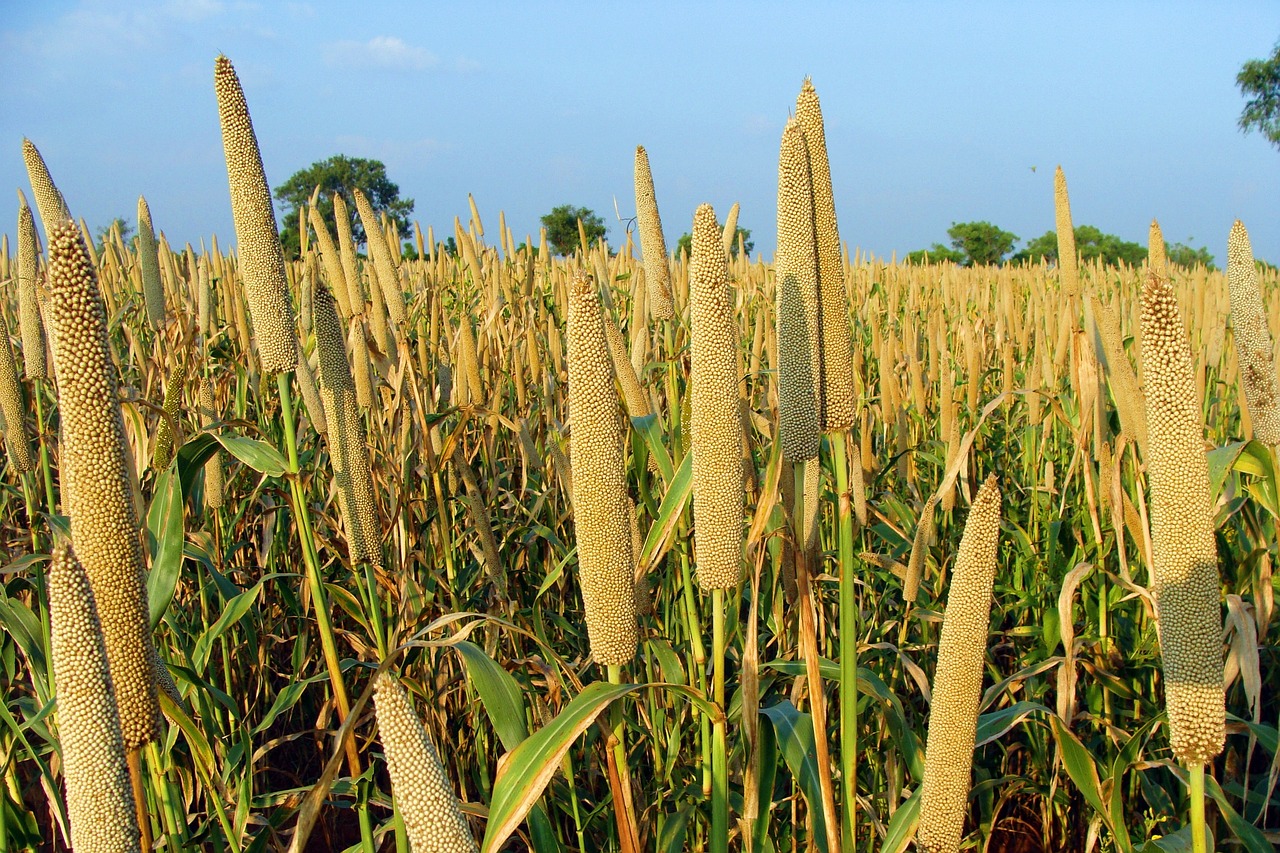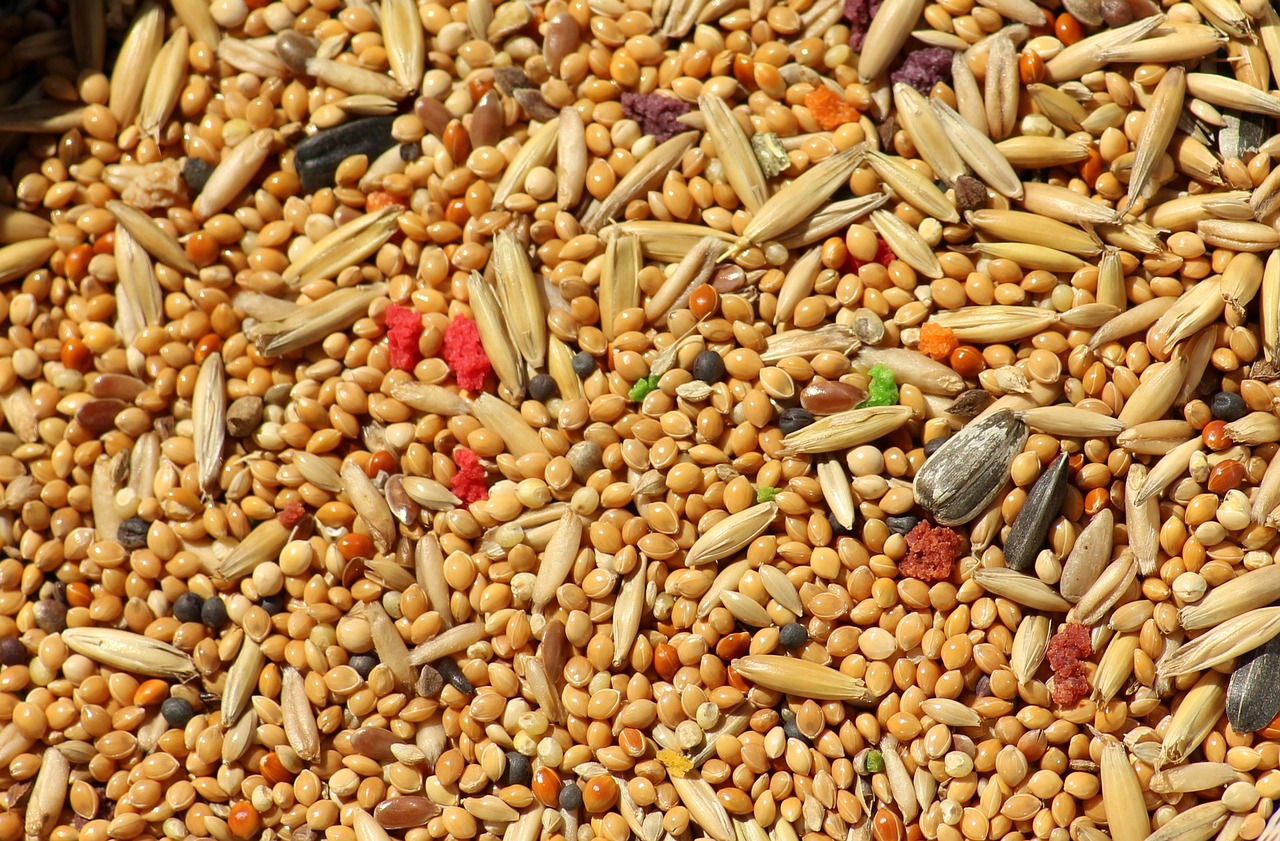
HEALTH BENEFIT OF MILLET
- May 20, 2023
- by
- Khyra
Millet is a gluten-free ancient grain that has been gaining popularity in recent years due to its health benefits, including its potential for weight loss.
Here are six evidence-based research supporting millet for weight loss:
1. A study published in the Journal of Food Science and Technology found that incorporating millet into a weight loss diet plan led to a significant reduction in body mass index (BMI) and waist circumference in overweight and obese women.
2. Another study published in the Journal of Medicinal Food found that consuming millet as a main staple in a weight loss diet led to a significant reduction in body weight, BMI, and waist circumference in overweight and obese adults.
3. A review published in the Journal of Agricultural and Food Chemistry found that millet consumption is associated with improved glycemic control and may be beneficial for weight management.
4. A study published in the International Journal of Food Sciences and Nutrition found that incorporating millet into a weight loss diet led to a reduction in body weight, BMI, and body fat percentage in overweight and obese adults.
5. A study published in the Journal of Nutrition and Metabolism found that consuming millet as a breakfast cereal led to improved satiety and reduced calorie intake throughout the day in overweight and obese adults.
6. A randomized controlled trial published in the International Journal of Food Sciences and Nutrition found that consuming millet-based snacks as part of a weight loss diet led to a significant reduction in body weight, BMI, and waist circumference in overweight and obese adults.
Millet is a small-grained cereal that has been a staple food in various regions across the world for thousands of years. It is widely known for its various health benefits, including its ability to aid in weight loss. In this blog post, we will discuss the origin, biological family, varieties, and contributions of millet to weight loss.
Origin and Biological Family of Millet:
Millet is a member of the Poaceae family, which is commonly known as the grass family. It is believed to have originated in Africa around 5000 BC and spread throughout Asia, Europe, and North America. The earliest evidence of millet cultivation dates back to 2000 BC in China, where it was used as a staple food.

Millet Varieties:
There are several varieties of millet, including pearl millet, foxtail millet, finger millet, proso millet, and barnyard millet. Pearl millet is the most widely cultivated millet variety and is grown in Africa and India. Foxtail millet is commonly grown in China, while finger millet is grown in Africa and India. Proso millet is grown in the United States, while barnyard millet is grown in India and China.
Contribution to Weight Loss:
Millet is an excellent food for weight loss as it is low in calories, high in fiber, and has a low glycemic index. It is also rich in nutrients such as vitamins, minerals, and antioxidants.
- Low in Calories: Millet is a low-calorie food that contains only 378 calories per 100 grams. This makes it an excellent food for weight loss as it helps to reduce overall calorie intake.
- High in Fiber: Millet is high in fiber, which makes it an excellent food for weight loss. Fiber helps to keep the stomach full for longer periods, reducing hunger and preventing overeating.
- Glycemic Index: Millet has a low glycemic index, which means it does not cause a sudden spike in blood sugar levels. This makes it an excellent food for weight loss, as high blood sugar levels can lead to weight gain.
- Rich in Nutrients: Millet is rich in nutrients such as vitamins, minerals, and antioxidants. These nutrients help to promote overall health and well-being, which is essential for weight loss.
Conclusion:
Millet is an excellent food for weight loss due to its low calorie, high fiber, low glycemic index, and nutrient-rich properties. It is a versatile food that can be incorporated into a variety of dishes, making it easy to add to your diet. As with any food, it is important to consume millet in moderation and as part of a balanced diet to ensure optimal health and well-being.







